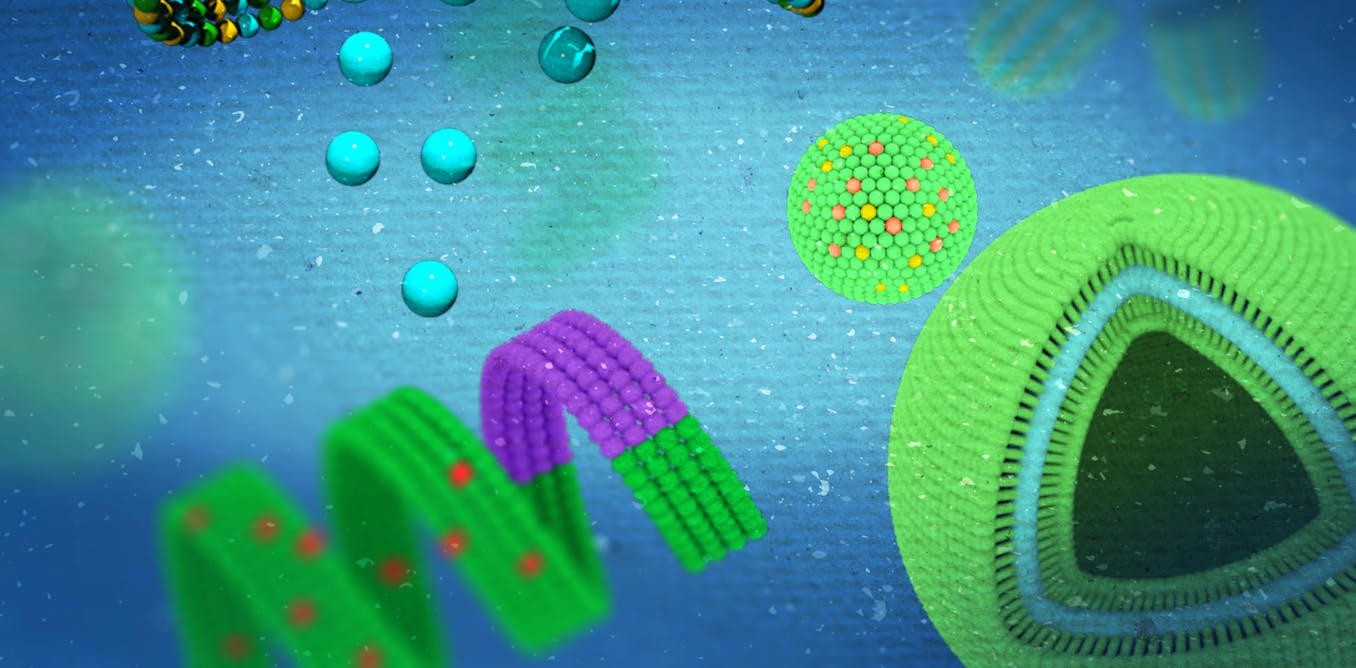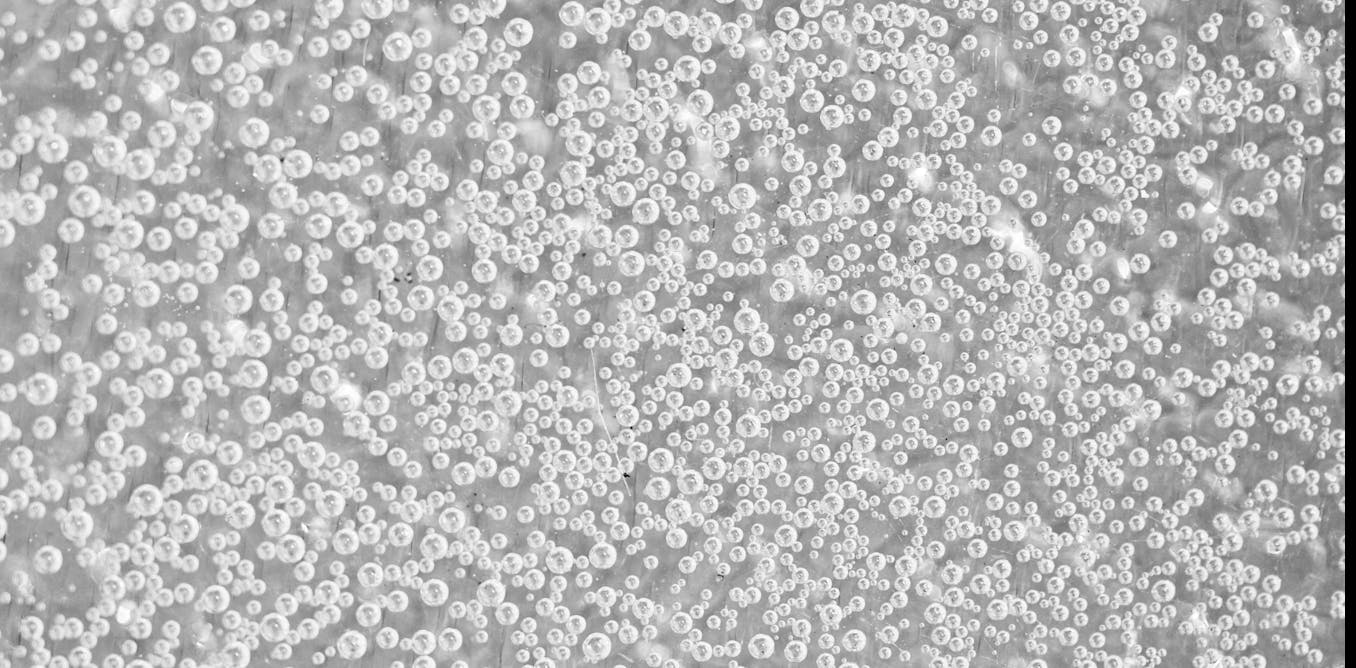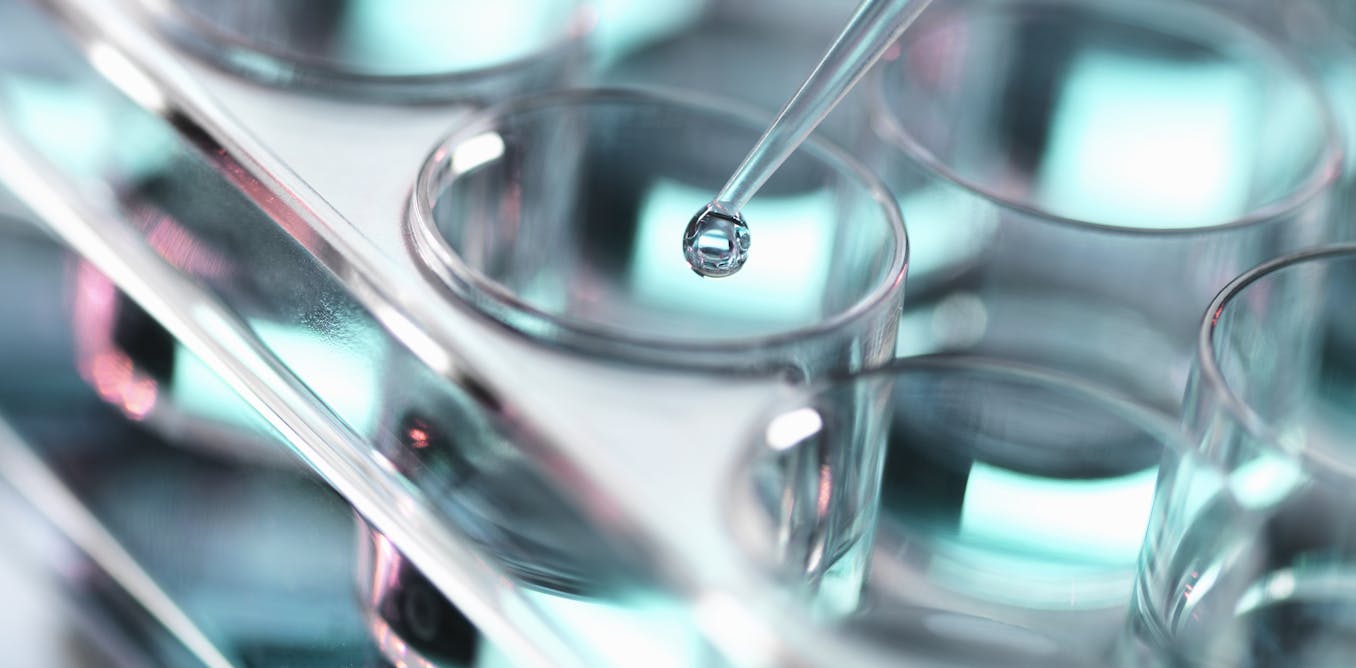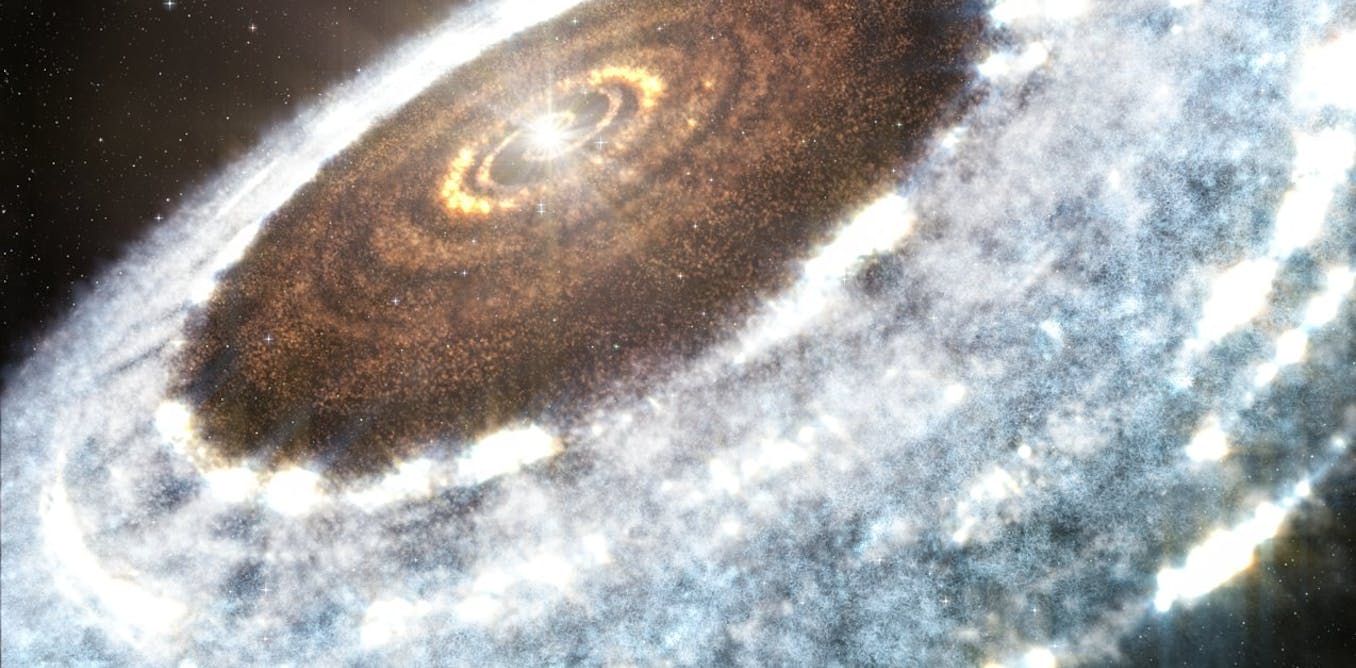Nanoparticles will change the world, but whether it's for the better depends on decisions made now
Nanoparticles have contributed to profound medical advances like the COVID-19 vaccine, but without oversight, they pose ethical and environmental issues.
Sept. 7, 2023 • ~9 min






